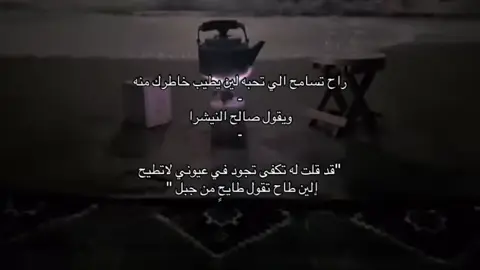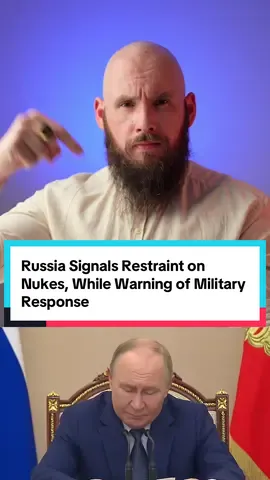SoulClips
Region: US
Thursday 17 July 2025 20:35:00 GMT
1162
75
14
5
Music
Download
Comments
★ :
شدم عاشق اونی که مال من نی... ما به نبودشم وفاداریم؛
2025-08-01 00:21:56
0
Donia :
خیلی قشنگه
2025-07-20 19:26:46
1
Fate🎀 :
؛) حرفای من: 🥹💔
2025-07-22 19:08:34
1
fatemh :
واییی چون ه زیباست
2025-07-18 08:13:17
1
Elnazam🎀😅 :
دردم همینه
2025-07-21 20:41:53
0
fatemh :
چه قشنگ 🙂
2025-07-18 08:13:00
1
fatemh :
شدم عاشق اونی که مال من نی 💔💔💔
2025-07-18 08:12:50
1
fatemh :
خیلی خوشگله ادیته
2025-07-18 08:13:09
1
fatemh :
💔💔💔
2025-07-18 08:13:12
1
To see more videos from user @soulclips67, please go to the Tikwm
homepage.





